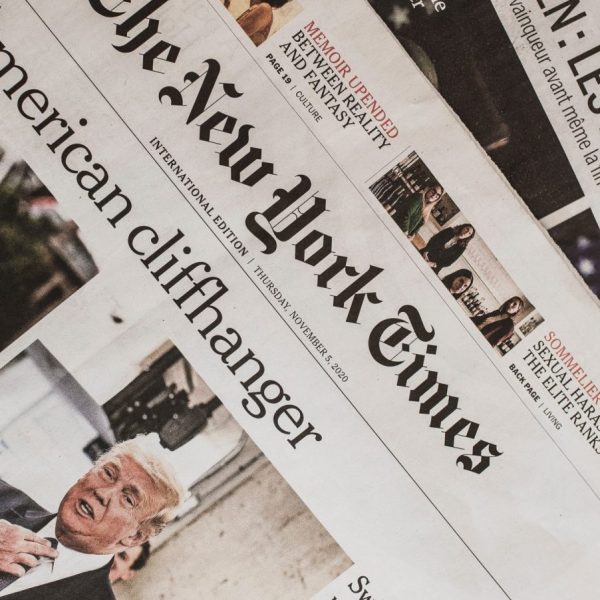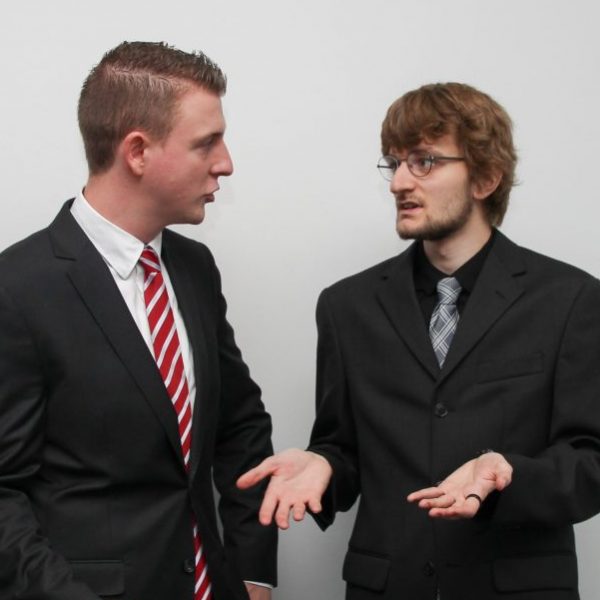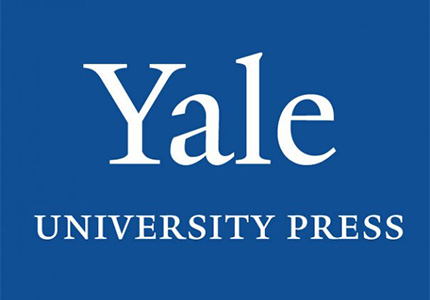9/11 Victims Embrace Dignity

Donna Hicks, credit Steve Bennett
For nearly two decades Donna Hicks, Ph.D. has been in the field of international conflict resolution facilitating dialogue between communities in conflict in the Middle East, Sri Lanka, Colombia, Cuba, and Northern Ireland. She was a consultant to the BBC where she co-facilitated a television series, Facing the Truth, with Archbishop Desmond Tutu, which aired in the United Kingdom and on BBC World in 2006.
This week, Yale University Press publishes Dignity: The Essential Role It Plays in Resolving Conflict, based on Hicks’s “dignity model”, drawing from her worldwide experiences, as well as psychology, evolutionary biology, and neuroscience. She explains the facets of this human quality that matters so much in our daily interactions with each other and proposes how it can enrich the lives of all. Hicks introduces the dignity model in three sections in her book: the essential elements of dignity; the temptations we face to violate our own and others’ dignity; and lastly, how dignity can be used to rebuild relationships and promote reconciliation. “There is” Hicks writes, “no better return on an investment” than learning about dignity and how to make it a part of daily life. Here, she tells how the dignity model helped children affected by the events of 9/11 and how conversation inspires us to form new bonds that recognize and uplift others’ self-worth, by learning how to be aware of our own.
Donna Hicks—
Project Common Bond is a weeklong summer program for teenagers who have lost a family member to an act of terrorism. It was conceived by Tuesday’s Children, an organization that was formed ten years ago as an outreach effort for the families affected by 9/11. As the children of these families reached adolescence, there was a belief that creating a program for them to spend a week in the summer with other young people from around the world, who had also suffered losses from terrorism, would be a means to help them heal from their experiences. This summer, 76 participants from the US, Northern Ireland, Israel, Palestine, Russia, Sri Lanka, Liberia, Spain and Argentina, aged 14 – 20, spent a week together outside of Washington, DC.
Each day was divided between small group dialogue sessions in the morning and afternoon activities such as art, music, drama, dance and sports. In previous years, the morning sessions focused on learning about “conflict resolution,” believing that this would promote an understanding of conflict and engage the participants in learning skills to resolve it. This year, Project Common Bond, under the direction of Monica Meehan McNamara, decided to use the dignity model, an approach to resolving conflict that I had developed. Rather than investing more effort in understanding conflict, and the sometimes abstract or improbable task of resolving it, the dignity model offered a concrete and practical way of making a positive difference in the world by learning how to honor their own and others dignity. The description of dignity we used was that all human beings are born with it and is the basis of how we treat others and how we would like to be treated ourselves. It gave the participants an antidote to the negativity and despair they all experienced as victims of terrorism and offered them a sense of hope and possibility moving forward in their lives. It was something they could do everyday to make a contribution to peace; something immediate and do-able. The motto for the week was “We can do better.”
 The participants who came to Project Common Bond had a great deal to say about their experience of the paramount indignity that terrorism perpetrates. They are experts in describing the real effects it has on their sense of self; the assumptions that are made by their community as a result of it; the rupture that it causes in their sense of safety in the world. As these groups of young people opened up about their lived experiences of indignity, the group responded with deep caring and empathy, creating an environment that was a safe haven for them all. What they learned was that it was worth the risk to make themselves vulnerable because talking together about their losses became a strength, rather than a vulnerability. People who told their stories were honored and acknowledged by every other person in the room. Their common bond of loss became an opportunity to deeply honor each other’s dignity. Rather than perpetuating the anger, shame, and hatred many of them felt after their loss, a transformation took place that deeply connected them in their shared sorrow. Their common bond of loss turned into a common bond of love and healing.
The participants who came to Project Common Bond had a great deal to say about their experience of the paramount indignity that terrorism perpetrates. They are experts in describing the real effects it has on their sense of self; the assumptions that are made by their community as a result of it; the rupture that it causes in their sense of safety in the world. As these groups of young people opened up about their lived experiences of indignity, the group responded with deep caring and empathy, creating an environment that was a safe haven for them all. What they learned was that it was worth the risk to make themselves vulnerable because talking together about their losses became a strength, rather than a vulnerability. People who told their stories were honored and acknowledged by every other person in the room. Their common bond of loss became an opportunity to deeply honor each other’s dignity. Rather than perpetuating the anger, shame, and hatred many of them felt after their loss, a transformation took place that deeply connected them in their shared sorrow. Their common bond of loss turned into a common bond of love and healing.
The dignity approach enabled a young Palestinian woman, who felt she was treated like an “animal” at a border crossing, to touch the hand of the young Israeli woman next to her, and say, “I know this was not what you would want for me.” It made it safe for a young woman from the US to speak of how her sadness at losing her father was channeled into anger toward all Muslims, and then tearfully tell the group that she couldn’t reconcile that belief any longer, having heard from the Muslim participants in the room. A Catholic boy from Northern Ireland turned to a Protestant boy from the same land and said, “I do not want you to lose for me to gain.”
Dignity is contagious. As the stories were shared, the concept of dignity took on a personal meaning for the group. The content of their experiences became the stage for understanding dignity. All the participants felt their undeniable worth was recognized, prompting them, in turn, to recognize it in each other. They quickly realized that by honoring everyone’s inherent value and worth, they strengthened their own. They also came face to face with a powerful paradox: by putting dignity back into the world, they were creating an antidote to counteract the negative forces that fuel terrorism.
The message that these young people took away, in their words, was that dignity empowers you with choice. If you expect more of yourself than others, you do not have to sink to a level of indignity—you don’t’ have to let the bad behavior of others determine your own. At the end, they were ready to leave the safe confines of Project Common Bond and immediately begin to practice what they had experienced – at home, in school, and in their communities. Seventy-six dignity agents were released into all corners of the world at the end of the week. They were propelled by a powerful belief—that they could do better—and they would do it with dignity.
Donna Hicks, Ph.D, is an Associate, Weatherhead Center for International Affairs, Harvard University. You can read more about Dignity and her work at www.DrDonnaHicks.com.



